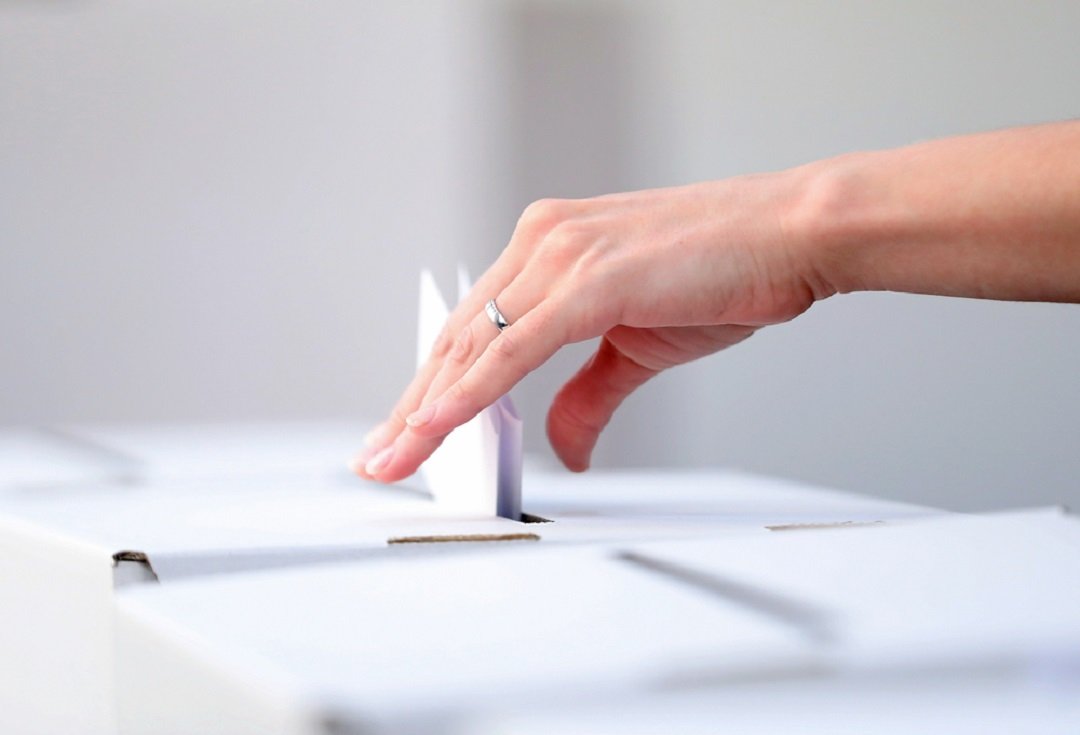You’re a criminal defence lawyer, hey?
When someone finds out we’re criminal defence lawyers, all attention seems to somehow shift away from the gripping tales being told by the accountant and on to us.
Immediately people start thinking about Law & Order, or Suits (or Boston Legal if they’re sufficiently cultured). The initial impression is divided — usually it’s based on some misguided sense of what being a lawyer actually involves.
The same questions always come up:
How can you represent a guilty person?
Don’t you just lie for your clients?
What if they tell you that they did it?
What if you know they did it?
From an uninformed perspective, these sorts of questions are natural. You might think to yourself “how can someone represent someone who punched a stranger in the face on a night out?”
Protecting fundamental rights
First of all, having defence lawyers is a vital part of our system of justice as we know it. Where there are people, there is room for human corruption and error. And some corruption might not seem so brazen. Is it acceptable for a police officer to search someone at 3AM in the Valley because they look “dodgy”? What about promising someone bail and the return of seized cash if they do an interview?
Criminal defence lawyers help to balance the scales. Without us, our society would turn into a police-run state, where any wrongdoing simply ends up with you in court facing the prospect of being sentenced. The prosecution would tell the court what the penalty should be, and the Judge would impose the sentence. Trials would be over in a flash, with the prosecution evidence untested and leading to your inevitable conviction. The presumption of being innocent until proven guilty would no longer have any meaning.
Obviously this is bad.
Lawyers are bound by an entire set of rules governing what we must do. Front and centre to those rules is the principle that lawyers are not allowed to lie. That’s right. We absolutely, must not ever, mislead the court. Our duty as lawyers is first and foremost to the court and our system of justice.
This rule is a fundamental one that is often overlooked or dismissed by people who think all lawyers are up to no good. TV shows and movies haven’t helped us, and some systems overseas are clearly corrupt. But while there might be some dodgy lawyers out there (Nicola Gobbo/Lawyer X), they are the exception to the rule. The majority of lawyers all do the right thing.
So, how can we represent someone who has told us they are guilty?
Well, it’s actually very difficult.
If our client has told us that they “did it” then our options are very limited. We can tell them they should plead guilty, and assist them with that process. Or, we can tell them they can have a trial but that our options at trial will be severely restricted. This comes back to our duty not to mislead the court.
For example, if our client told us he punched the victim in the face, we cannot cross-examine the victim and say “I put it to you, Mr Smith, that my client did not, in fact, punch you in the face”. Why? Because we know he did. Our question is unethical, because we know that’s not the case.
The only thing we can do is say “Mr Smith, there were a lot of people in the fight: could you have been mistaken about who actually punched you?” This is called “putting the crown to proof” by making them prove their case. We cannot raise any defence, but simply ask questions to try and expose any uncertainty or doubt in the case against our client.
Obviously that’s a very hard situation to be in. Some lawyers will turn those clients away, rather than face a trial where their hands are tied behind their backs. But, at the end of the day, we can’t force our clients to plead guilty, even if they did do it. That’s entirely their decision, and we can only advise. If they want a trial, and have told us they did it, then we will do everything we can to ensure they have a fair trial. Ultimately, it’s not our decision about their guilt or innocence — that’s up to a Magistrate, Judge, or jury to decide.
What if we know they did it?
Whatever we might think about the evidence, our job is not to decide if our client is guilty or innocent. Of course, given our significant experience in criminal defence, we can tell if things don’t look so good for our client. After all, our job is to critically analyse evidence and come to logical conclusions supported by evidence.
If we suspect our client might have done it, we do not just give up and tell them we can’t continue. Our role is to advise our client about the strength of the case against them, and give them options. If they maintain their innocence, then it’s not up to us to decide if they’re telling the truth. Our job is to attack the case against them the best way we can, and leave the decision making to the Judge, Magistrate or jury. After all, that’s what hundreds of years of careful tinkering to our system of justice was designed for.
And finally, how can we represent a guilty person?
Well, it’s easy.
Our job is to appear in court and represent our client to the best of our ability. We are not there to judge our clients for what they might have done. Our job is to ensure that we, as the Yin to the prosecution’s Yang, obtain the best possible result for our client. We need to ensure that the sentence our client receives is the right one. If it’s not, we appeal it, because our system of justice is based on everyone being treated equally in the eyes of the law.
Obviously, from our point of view, that’s going to involve arguing for the lowest possible penalty. On the other hand, the prosecution’s job is to ask for the penalty they suggest the community would expect. And usually (but not always) it is higher than what we have asked for. At the end of the day, it is these competing arguments that are ultimately weighed up by a Judge or Magistrate, who sets the sentence.
Our job is done, and if we’ve done it well, we’ve not only achieved the best result for our client, but achieved our core function as defence lawyers in Queensland.
So, if you’re still reading this, we hope we’ve answered the question. Next time you might want to ask what sort of IPA is our favourite instead.



